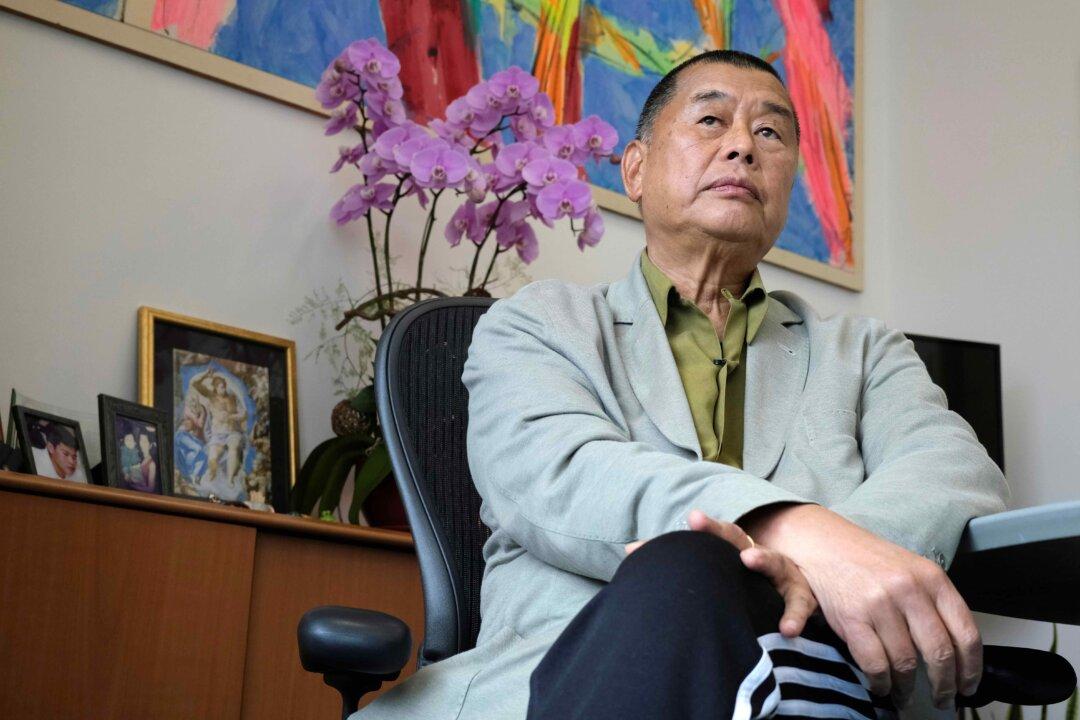Commentary
When Jimmy Lai was a child working the streets of Canton (Guangzhou), China, in the 1950s, he received a bar of chocolate as a tip for carrying a man’s bags at a train station.

When Jimmy Lai was a child working the streets of Canton (Guangzhou), China, in the 1950s, he received a bar of chocolate as a tip for carrying a man’s bags at a train station.